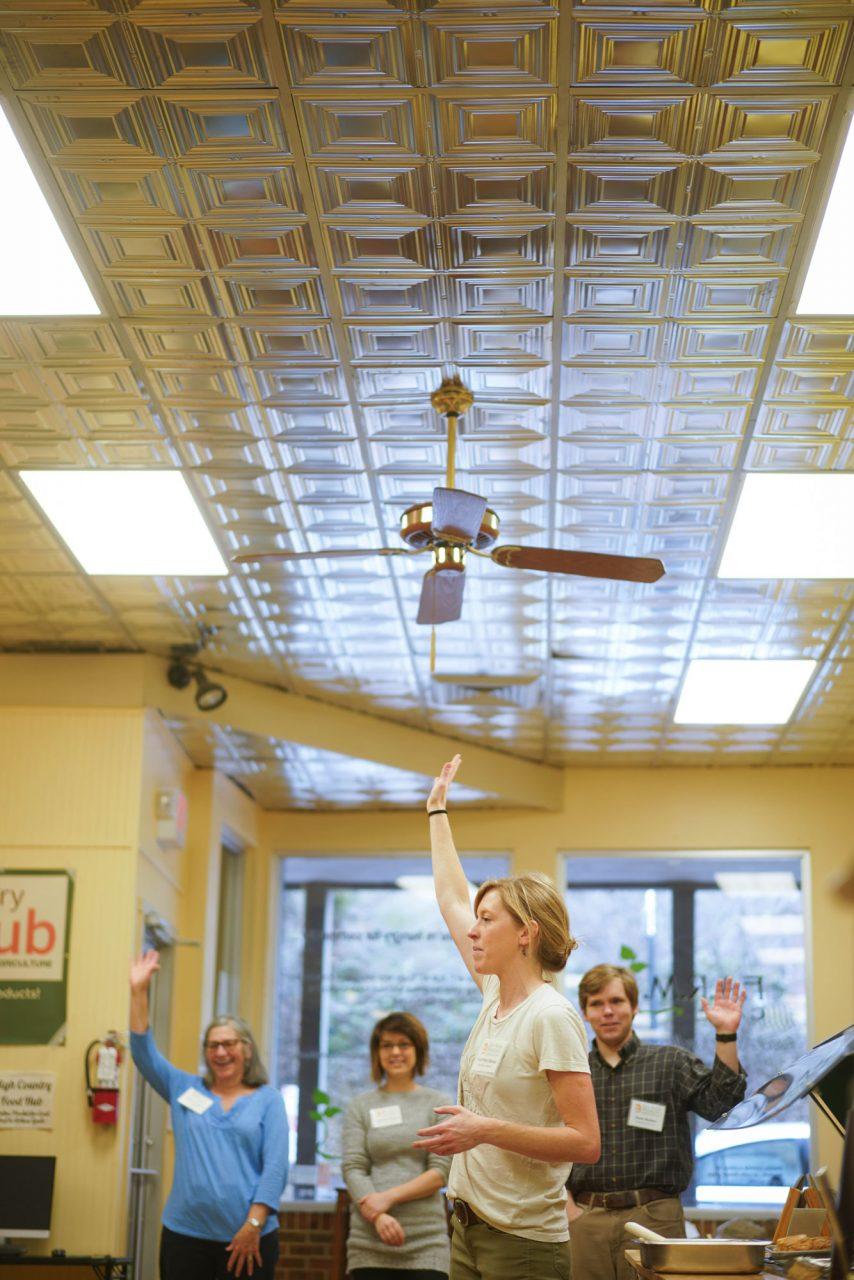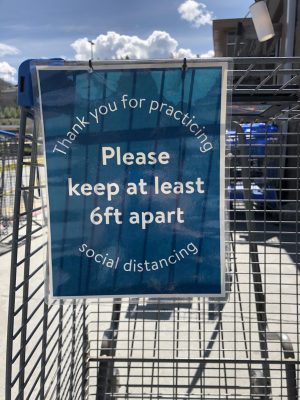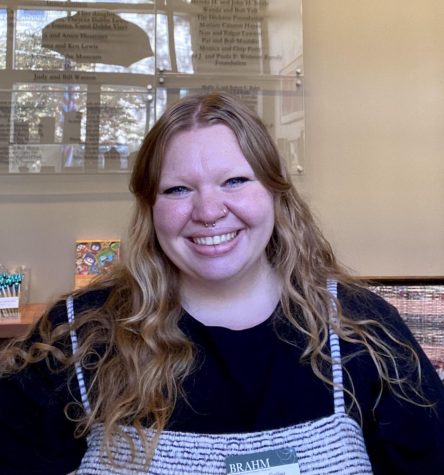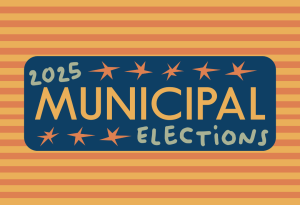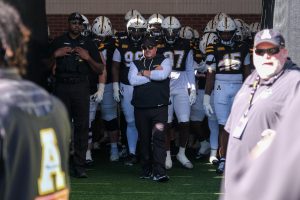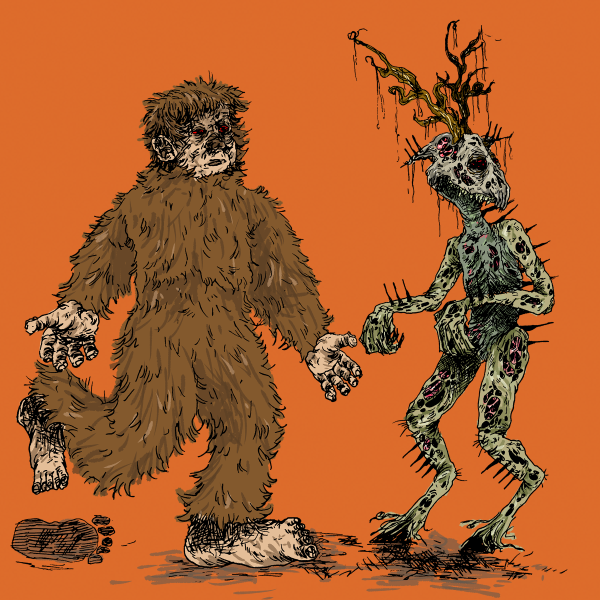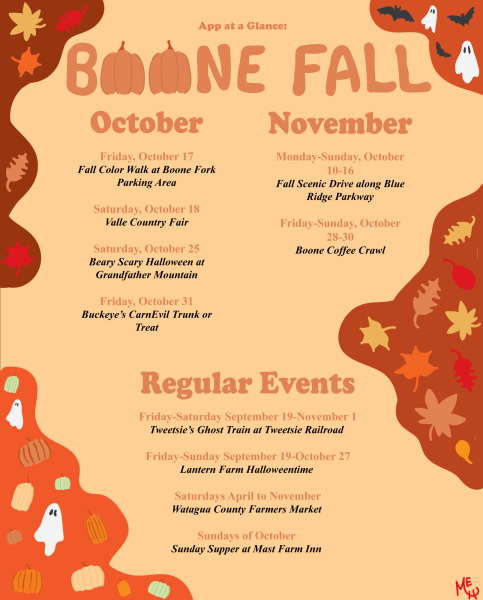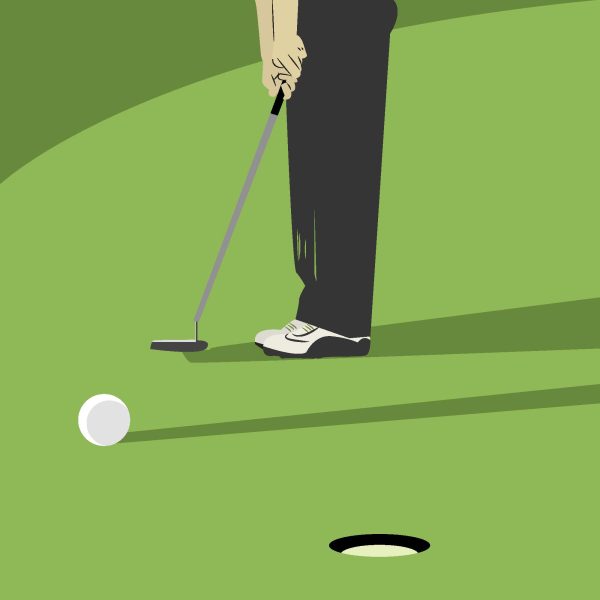Schaefer Center, Turchin Center work to move canceled events online
April 10, 2020
As COVID-19 causes cancelations and closures across the High Country, App State’s visual and performing arts centers plan to continue serving the Boone community by transitioning online and looking to the future, director of arts engagement and cultural resources Denise Ringler said.
Working with the Schaefer Center for the Performing Arts and the Turchin Center for the Visual Arts for about 25 years, Ringler said the centers were ready for cancelations pertaining to tornadoes and snow storms, but COVID-19 is an unforeseen situation.
“What is new about this is the idea of people gathering and the fact that we can’t do this safely right now…it’s a new challenge for all of us,” Ringler said. “We’ve not been told that we can’t bring people together in large groups for concerts, plays, and exhibits before, and that’s so essential to what we do in the arts.”
The Schaefer Center has canceled or postponed at least 10 events, including the BANFF Mountain Film Festival, Rosanne Cash and L.A. Theater Works “Seven.” The Turchin Center canceled the First Friday Art Crawls for March and April, along with lectures and workshops.
While closed to the public, both centers are working on transferring resources to its websites and social media, Ringler said.
For the Turchin Center, this means creating walk-throughs, time-lapse videos and posting pictures and information about artists on a weekly basis. The center will also post prompts for their Visual Journaling workshop and Blazing Easels classes, along with other resources like coloring books, director of marketing for the Turchin Center Lynn Reese-Jones wrote in an email.
For the Schaefer Center, the audio file from the production “Seven” was posted online.
“It’s not the same as being in the theater and watching the productions, but we were able to upload that and had it out on social media,” director of marketing and public relations under the office of arts and cultural programs Allison West said.
The Schaefer Center is also posting links to articles and music by artists who have performed in the past or whose shows were canceled, West said.
“Hearing them, listening to their music, or hearing a little anecdote about them (keeps) our patrons connected in that manner,” West said.
Staff is working remotely and both centers are taking advice from the university and the UNC System during these transitions, Ringler said.
“What we still don’t know is what the trajectory is for all of this and how long the cancelations will extend,” Ringler said. “Are we talking weeks? Are we talking months? If we are talking months, how many months? At this point, we don’t have these answers.”
Short-term effects of the closure could impact the centers financially. Both centers are run by “state funds, students fees, private contributions and ticket revenues” from the events at the Schaefer Center, Ringler said. Everything at the Turchin Center is offered for free.
For now, the centers are working to reevaluate their missions. Ringler said the most important thing is not that there are a lot of events or exhibits, but that the art, whether performing or visual, “is available and accessible to enrich our lives.”
“Crisis always prompts you to set priorities and to determine what’s most important,” Ringler said. “That happens in any sort of crisis, whether in planning university programs or in our personal lives.”
Both centers are continuing to develop events for the summer and next year, West said. Currently, the Schaefer Center is still working to plan “An Appalachian Summer Festival” in June.
“We can’t wait to come back,” West said. “When it is safe, everyone is going to be ready. Everyone is desperate for connections again like face-to-face, not live-streamed, but live in the theater. The first show is going to be pretty special.”



